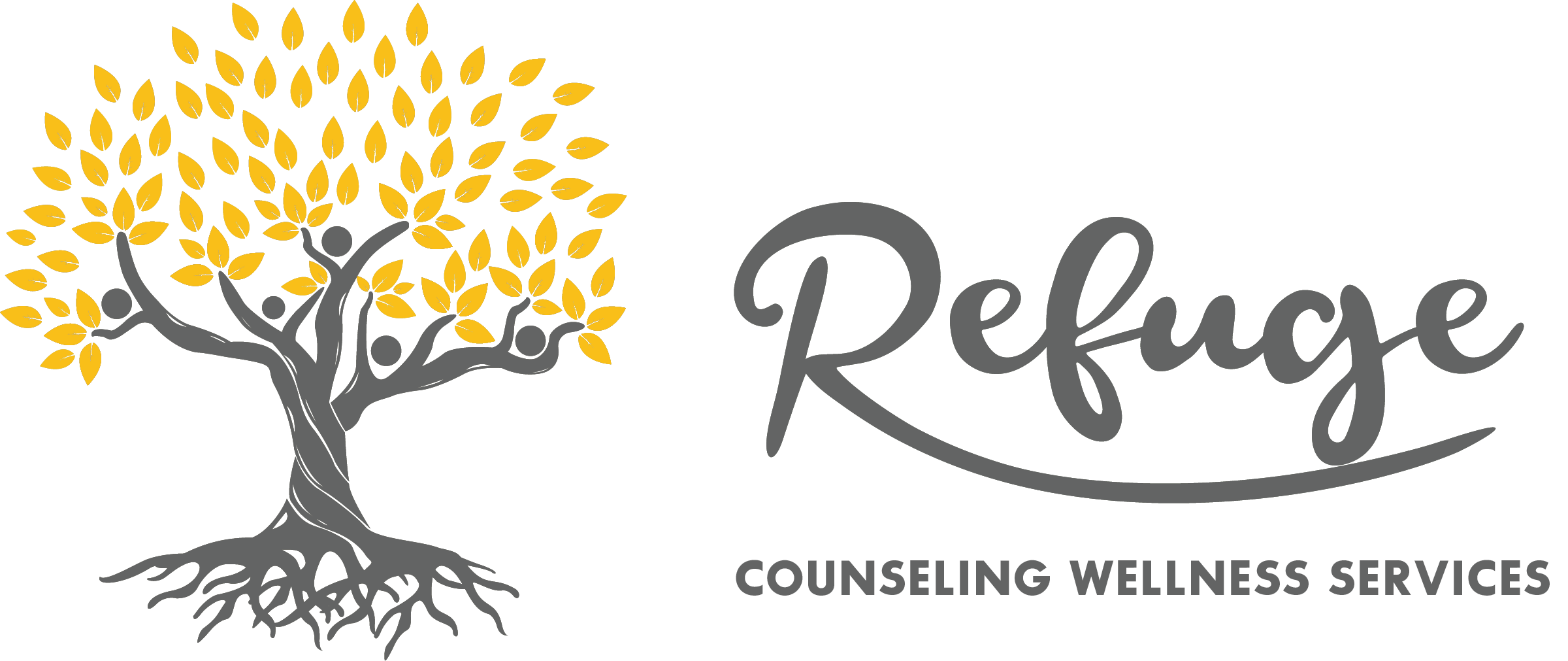Do you take insurance?
Not at this time. I am an “Out of Network” provider.
Because many clients (particularly service members) choose to invest financially in their mental wellness to avoid documentation in their medical file and the headache of third party insurance carriers altogether, I am considered an “Out of Network” provider with insurances. If you choose to use your insurance, that means you are responsible for paying for your sessions up front and then submitting a receipt/Superbill to your insurance carrier (that I will provide), in order that you can be reimbursed by your insurance.
If I pay out of pocket, what is the cost of sessions?
Beginning January 2021, my sessions range from $175-195/session. I am also offering bundled sessions as well.
I also off a number of probono and reduced cost sessions throughout the year for those in desperate need of services. I never want finances to be a hinderance for treatment, but I also recognize that there is no dollar amount that you can place on feeling better and being healthier. Call the office for more information on probono or reduce cost services to see if you qualify or if there is space available.
Why don’t you take insurance?
For two reasons:
- It frees me up to work with select individuals (my ideal clients) who want to do deep, inner (trauma informed) work.
- Being on insurance panels hinders my work with clients. Insurances often encourage you as the provider to make certain billable diagnosis in order to pay on your sessions, amongst other things. I personally like the freedom of simply just treating the client and their symptoms without being boxed into a diagnosis code for billing purposes, as well as the freedom of knowing that I will be reimbursed in a timely manner for the services we provide. Clients also opt to pay privately for this very reason, to keep their heath records confidential from third party payers by not forcing providers to enter a diagnosis that remains permanent in their medical file. Paying privately allows clients complete control in the number of sessions they need as opposed to being limited to the number sessions insurance companies allow them to have.
How does the process work? What do I have to do in sessions?
Each person is different. But the first thing is to secure an appointment, complete electronic forms sent in your email and show up. Here are some top 3 things I think will help as well:
- Be Honest–I can’t help you if I don’t know whats going on–if I don’t know how you truly feel, think, etc…I need to know the good, the bad and the ugly. I strive to create a safe, non judgmental space for you to open up and get what you need. I also recognize that trust is earn and not expected. I just want you to be your full authentic self, even if you struggle with knowing what that is.
- Be Engaged–Ask questions, wrestle with uncomfortable feelings, share your struggles, share your anger and any other negative emotions. Don’t drop out when things get difficult. That’s when you’re on the brink of the breakthrough. Share when you’re even angry or upset with me. Its part of the process. I am here to help you get better, so that means you won’t like me all the time. I can take that, I can handle it. I can hold space for all of you and I am trained for it. I am ultimately here to teach you and help you take care of yourself.
- Be Humble–Going to counseling is one of the most courageous thing a person can do. I also recognize that there is still a stigma attached to coming to counseling. Many do not come voluntarily and/or are dragged by a spouse or parent. Others come with other motives. No matter what, I want to encourage you to be open to the process. Gently lay the defenses down and get what you need if you feel I am the best suited to help you. This is about your process. Your growth. Your recovery. Your sanctification. This is about the legacy you want to leave. Be open to feedback and challenges.
How long will it take?
Since my approach is targeted, practical and results driven, that really depends on how motivated you are to become healthier. Typically with EMDR trauma sessions, clients see results and begin to feel relief within 3-5 sessions. General counseling sessions will depend on your goals. I typically see individuals improve their mood and responses to stressors between sessions 5-10.
For psychoanalysis driven sessions, those can go on longer than 10 sessions.
For optimal results, I recommend being consistent in counseling, being engaged in treatment and following up on any assignments I may recommend. Do this and change will inevitably occur.
